Thousands of unmasked protesters fill the streets of Berlin, fighting the government’s COVID-19 restrictions
Thousands marched in Berlin to protest against COVID-19 restrictions, as the US recorded it’s deadliest day in months.
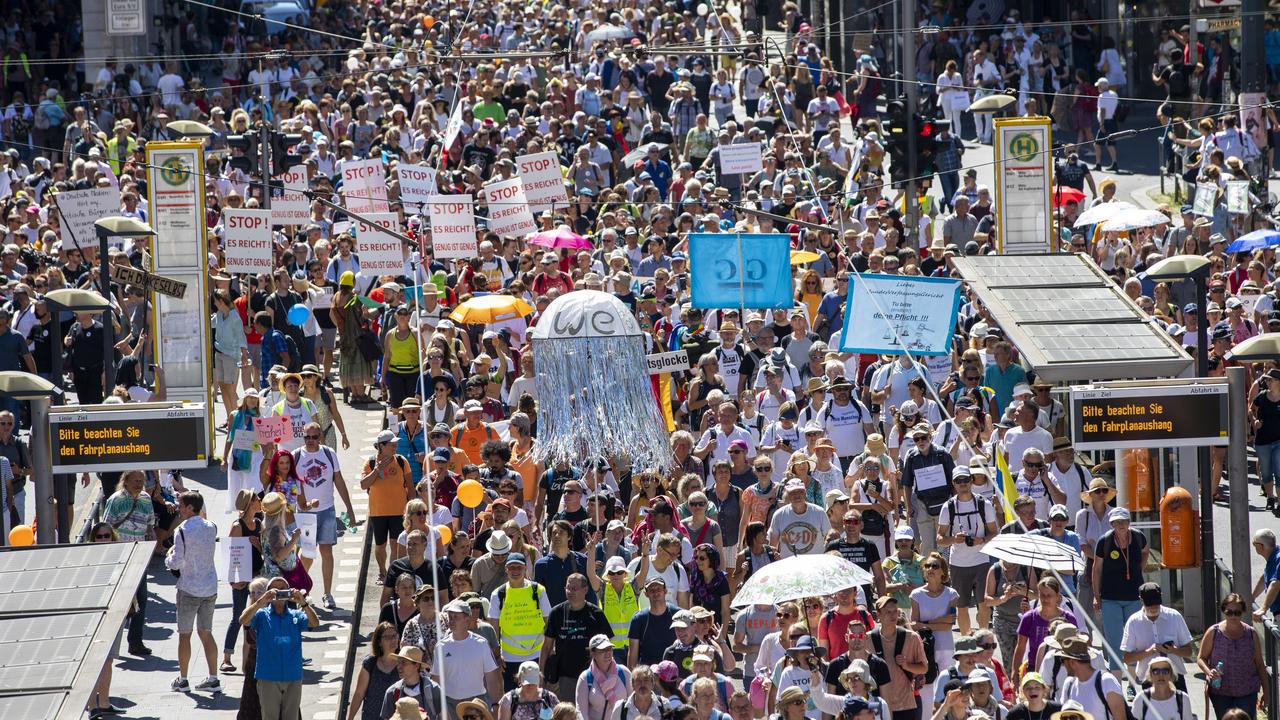
Loudly chanting their opposition to face masks and vaccines, thousands of people gathered in Berlin on Saturday to protest against coronavirus restrictions before being dispersed by police.
Police put turnout at around 20,000 – well below the 500,000 organisers had announced as they urged a “day of freedom” from months of virus curbs.
Despite Germany’s comparatively low toll, authorities are concerned at a rise in infections over recent weeks and politicians took to social media to criticise the rally as irresponsible.
“We are the second wave,” shouted the crowd, a mixture of hard left and right and conspiracy theorists as they converged on the Brandenburg Gate, demanding “resistance” and dubbing the pandemic “the biggest conspiracy theory”.
RELATED: Follow the latest coronavirus updates
#BREAKING: Huge protest now in #Berlin, #Germany. They demonstrante against #Corona and against the government and they refuse to wear masks. Also no distance rules!#protests2020 #COVID #Covid_19 #COVIDIOTS #COVIDIOT #CoronaVirusDE #lockdown #ZweiteWelle #1agosto #1agustos pic.twitter.com/xbL1DaEYhn
— Faruk Firat (@FarukFirat1987) August 1, 2020
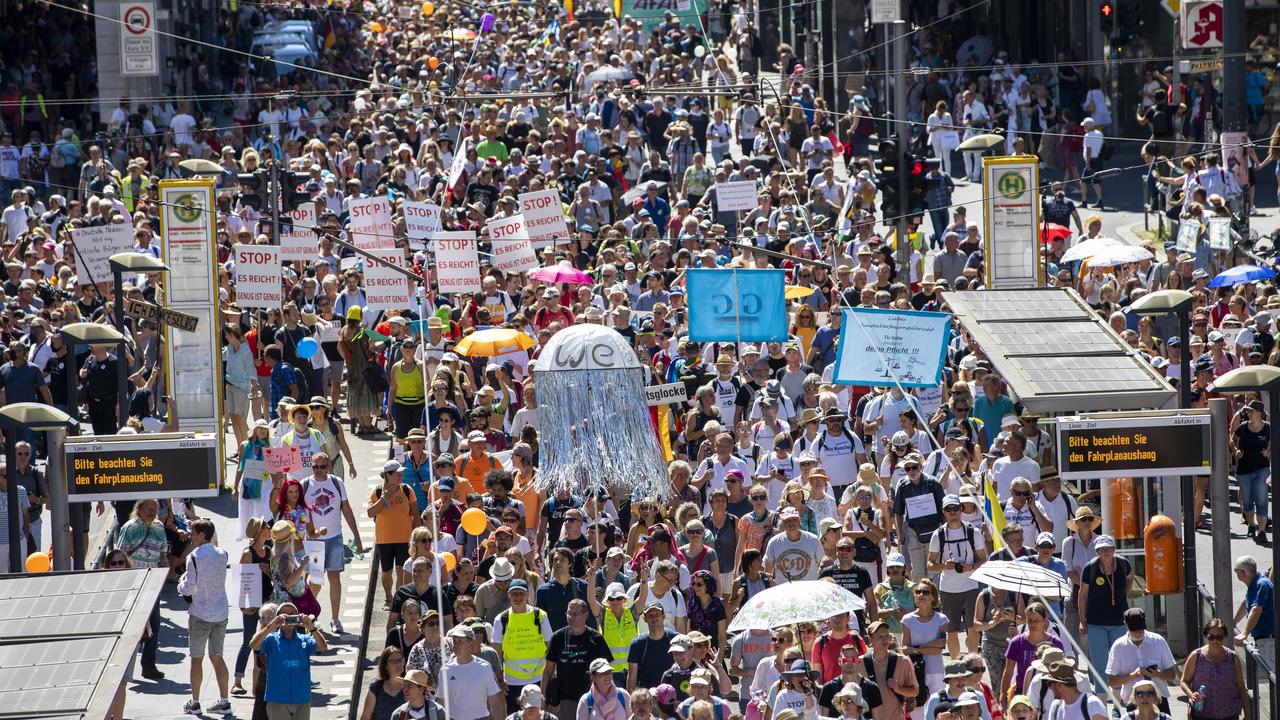
Few protesters wore a mask or respected the 1.5-metre (five-foot) social distancing requirement, an AFP journalist reported, despite police repeatedly calling on them via megaphone to do so.
After several warnings, Berlin police ordered demonstrators to leave the area at the end of the afternoon.
Police tweeted they had launched legal proceedings against organisers for not respecting virus hygiene rules.
A handful of people held a counter demonstration, condemned by several politicians as Germany seeks to minimise transmission of a virus which had claimed more than 9,000 lives as of Saturday.
Still, the nation is seeing a far lower toll than some of its neighbours.
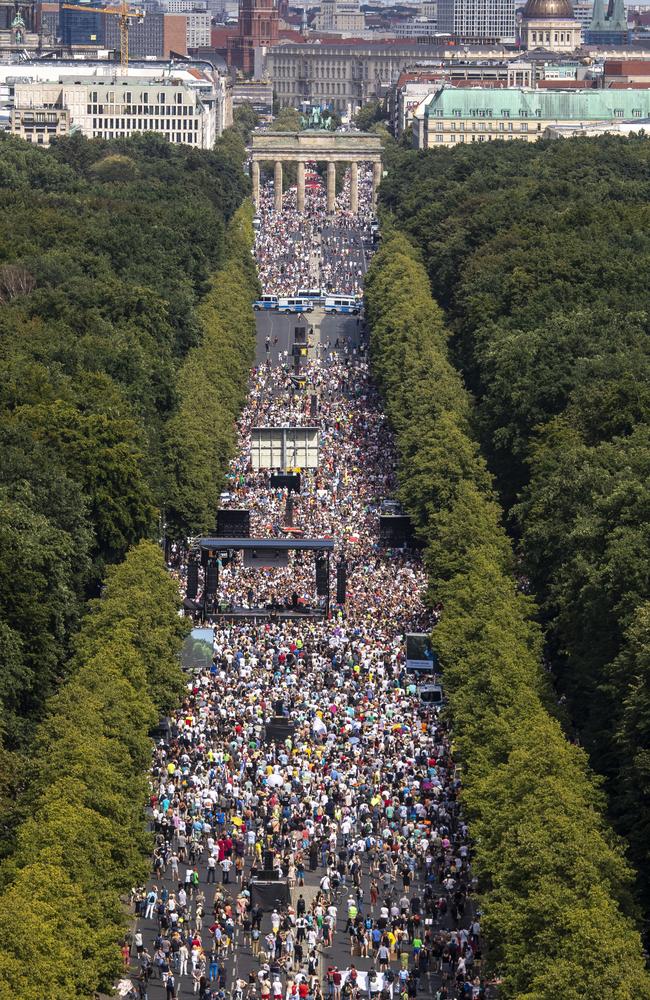
CASES IN AFRICA SURGE PAST HALF A MILLION
South Africa’s confirmed cases of COVID-19 have crossed half a million, its health ministry says, while cases in Africa as a whole approached one million.
Africa‘s most industrialised nation recorded 10,107 new confirmed cases of COVID-19, the respiratory illness caused by the novel coronavirus, pushing the total to 503,290, the ministry said on Saturday.
South Africa imposed a nationwide lockdown at the end of March to curb the spread, but it has now eased many restrictions to boost economic activity – as have other countries across the continent, a large chunk of whose populations are poor and face hunger.
As restrictions have eased, infections have spiked over the past two months.
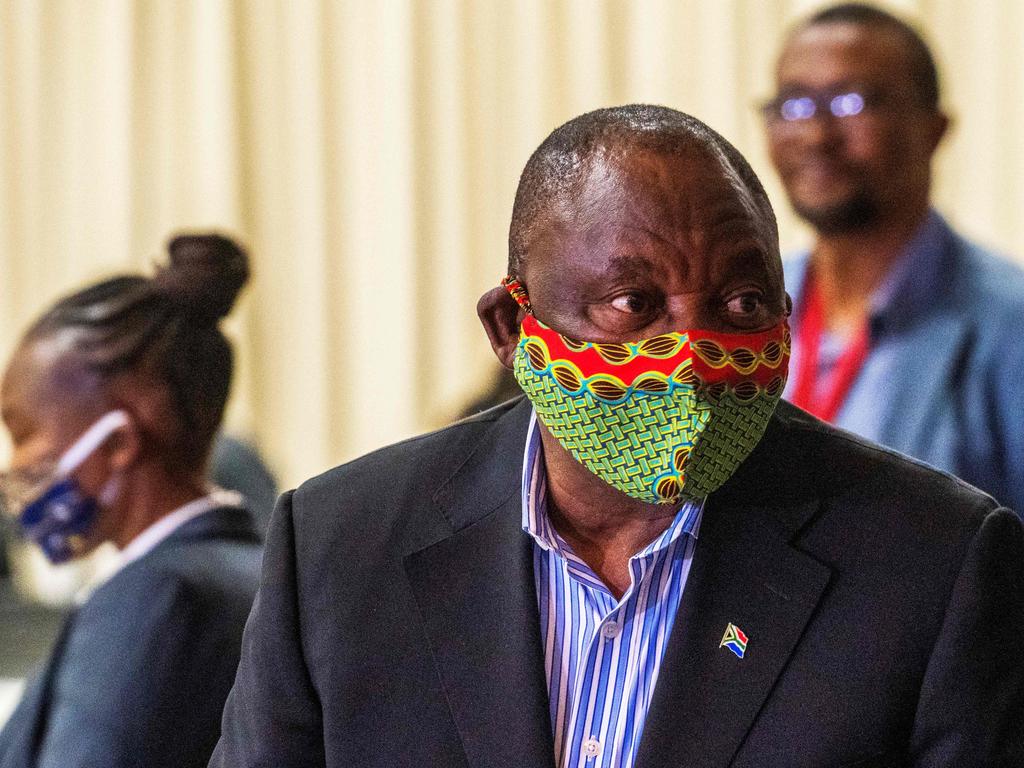
NO RELIEF IN THE U.S.
The United States’s daily coronavirus death toll surpassed 1,000 for the sixth straight day on Saturday, after a month of surging infection totals.
The 1,164 deaths reported by early Saturday evening marked the highest count since May 9 and the first time since May 23 that health officials have tallied more than 1,000 deaths on Saturday.
Florida health officials have reported 179 new deaths from the coronavirus, bringing the state’s total to more than 7,000 – all while Hurricane Isaias looms off Florida’s eastern coast.
Hospitalisation for the coronavirus have been declining for the past week and a half, with fewer than 8,000 treated for the coronavirus on Saturday. That’s down from highs of more than 9,500 last week.
EUROPE
After the UK’s hospitality sector reopened for the first time in more than three months back in July, there is already chatter of shutting down pubs again in favour of schools reopening in September.
Scientist Graham Medley, a member of the government’s Scientific Advisory Group for Emergencies, told the BBC that there may have to be a “trade off” between the opening of schools — which he says is considered a priority by most people — and activities like going to pubs.
It came after England’s chief medical officer said the country was “near the limit” of opening up society.
Pubs in England 'may need to shut' in order to reopen schools next monthhttps://t.co/Aa8u6QlPVu
— BBC News (UK) (@BBCNews) August 1, 2020
Italy’s daily coronavirus infections has dipped under 300 cases for the first time in three days, after a recent flurry of clusters throughout the nation raised concern among health experts.
The ministry’s weekly report says there were 123 clusters of infection throughout Italy in the previous seven days. With five more deaths, the total confirmed deaths in Italy reached more than 35,000 on Saturday.
Greek authorities say there were 110 new confirmed coronavirus cases in the past 24 hours, the fourth-highest daily figure and highest since April. Authorities say 23 of the cases concerned employees at a meat processing factory in the northern city of Kavala.
Spain remains one of the worst-hit European countries for coronavirus, with around 15,000 new cases of the disease being reported in the past week.
RELATED: Can you catch coronavirus twice?
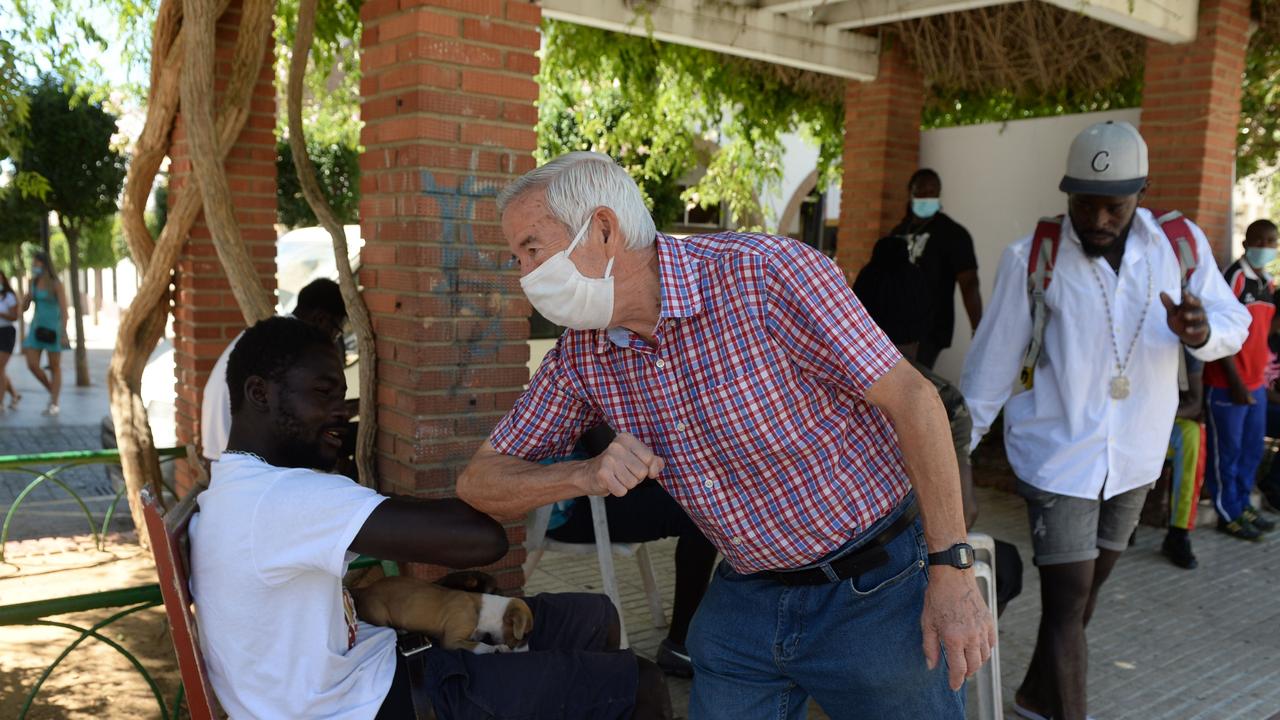
LATIN AMERICA HIT HARD
Mexico has become the country with the third most COVID-19 deaths in the world, behind the United States and Brazil.
Mexican health officials said Friday there were 688 deaths for the latest 24-hour reporting period, pushing the country‘s confirmed total to 46,688.
Fresh off a bout of COVID-19 himself, Brazil’s President Jair Bolsonaro said nearly everyone will probably end up catching the new coronavirus.
His comments came as Brazil’s death toll closes on 100,000.
Brazil recorded 45,392 additional confirmed cases of the novel coronavirus as well as 1,088 deaths from the disease caused by the virus in the past 24 hours, its health ministry said on Saturday.
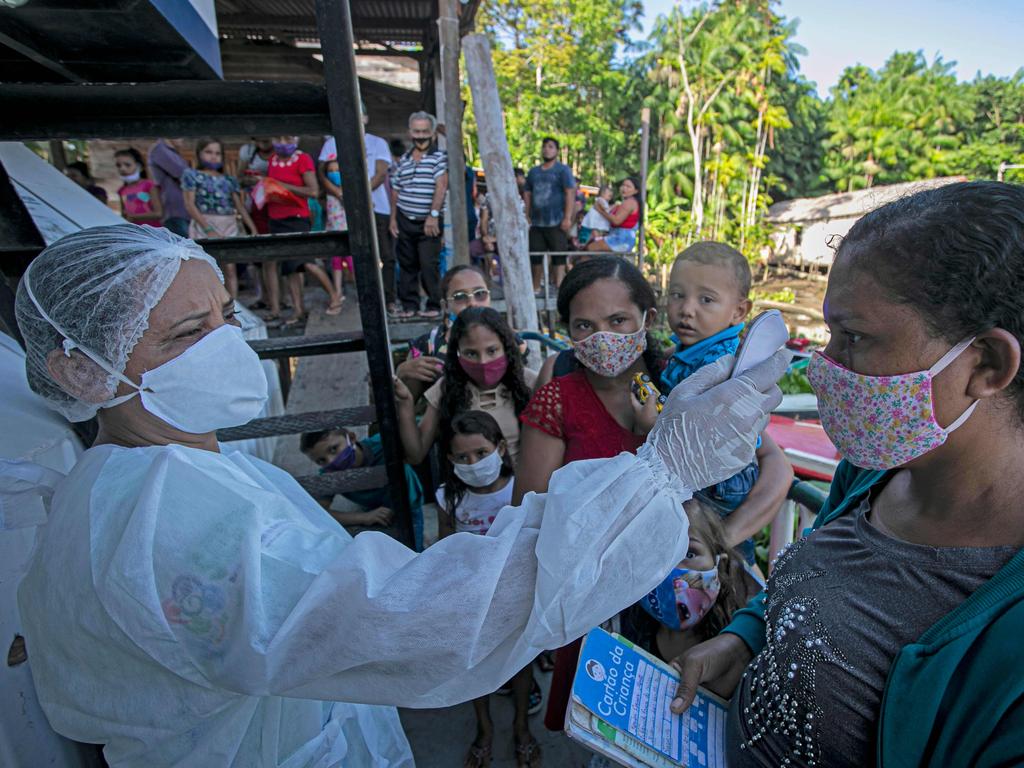
PRAYING THROUGH THE PANDEMIC IN THE MIDDLE EAST
The Libyan government has imposed stricter lockdowns amid the celebrations of Eid.
Turkish and Iraqi health officials warned of an increase in the coronavirus infections during the Muslim holiday, during which millions travel across the country.
Iran, the hardest-hit country in the Middle East region, reported 2,548 new cases, bringing the total number of infections to 306,752.
Despite the warnings, thousands of Israelis still gathered to protest against Prime Minister Benjamin Netanyahu, demanding he resign over alleged corruption and a resurgence of coronavirus cases.
Protests took place at scores of intersections and bridges, where people held banners accusing Netanyahu of “failure” and calling for his resignation, as well as outside his private residence in the northern town Caesarea.
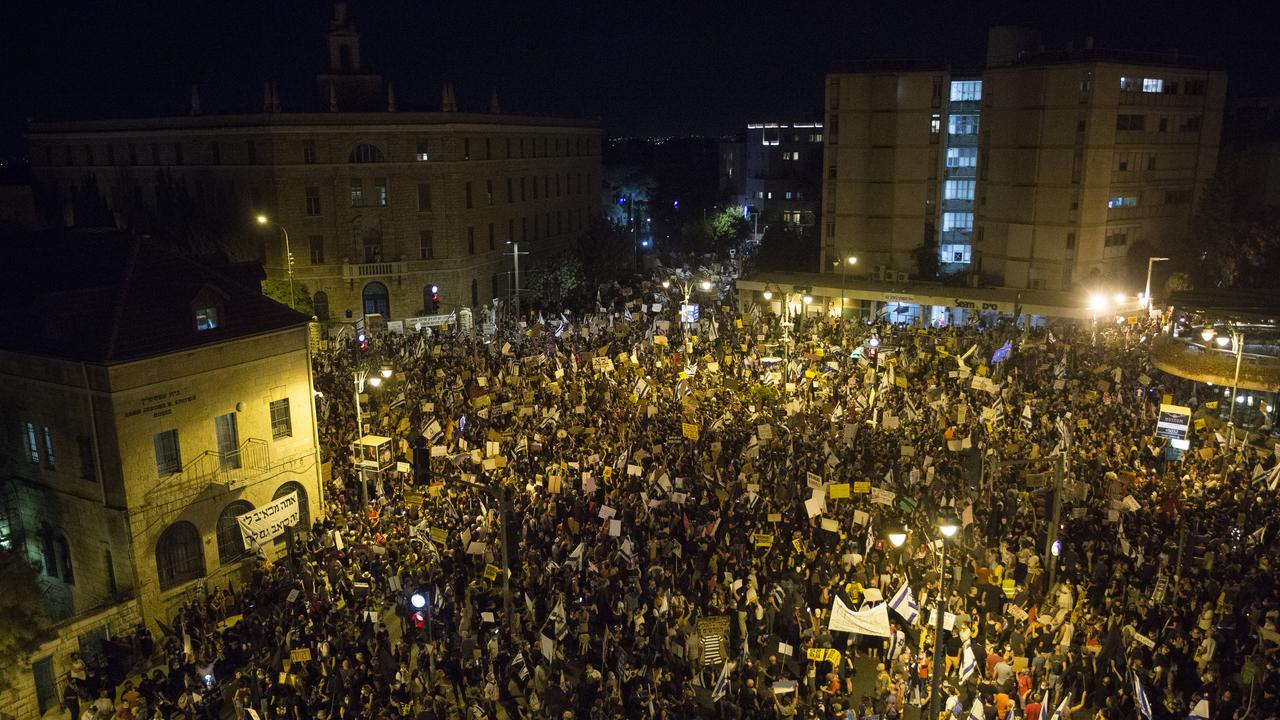
RECORD INCREASESIN ASIA
India and the Philippines reported increases in new daily infections at 57,000 and 5,000, despite tightened restrictions.
India has recorded the steepest spike of 57,118 new cases in the past 24 hours, taking its coronavirus caseload close to 1.7 million, with July alone accounting for nearly 1.1 million infections.
“We are waging a losing battle against COVID-19, and we need to draw up a consolidated, definitive plan of action,” said an open letter signed by 80 Filipino medical associations.
Japan’s Okinawa declared a state of emergency after a record jump in cases on the island – many linked to US military forces stationed there.
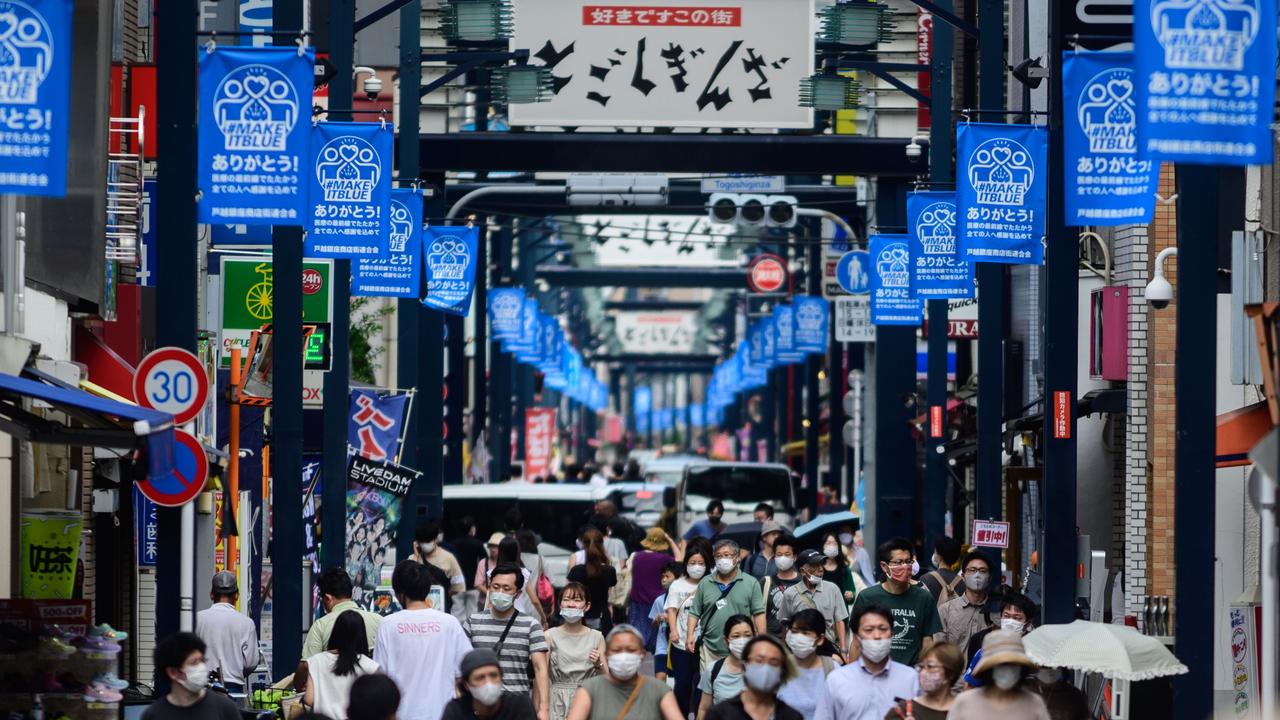
Hong Kong meanwhile opened a new makeshift hospital to house COVID-19 patients after cases rose to new highs.
Vietnam reported more than two dozen new cases of the coronavirus on Saturday, while a third person died of COVID-19 complications a day after the country reported its first-ever death from the disease. The spike is thought to have been linked to an outbreak that began at a Da Nang hospital last week.
WHO WARNS OF LONG, DRAWN OUT VIRUS PANDEMIC
The UN health agency on Saturday warned that the coronavirus pandemic would be lengthy and could lead to “response fatigue”.
An emergency WHO committee reviewing the pandemic “highlighted the anticipated lengthy duration of this COVID-19 pandemic, noting the importance of sustained community, national, regional, and global response efforts”.
“WHO continues to assess the global risk level of COVID-19 to be very high,” it said in its latest statement.
Six months after the World Health Organisation declared a global emergency, the novel coronavirus has infected over 17.7 million people globally and more than 681,000 have succumbed to the disease, according to Johns Hopkins University.
Over 10.4 million people have recovered from it after testing positive.
– with wires



